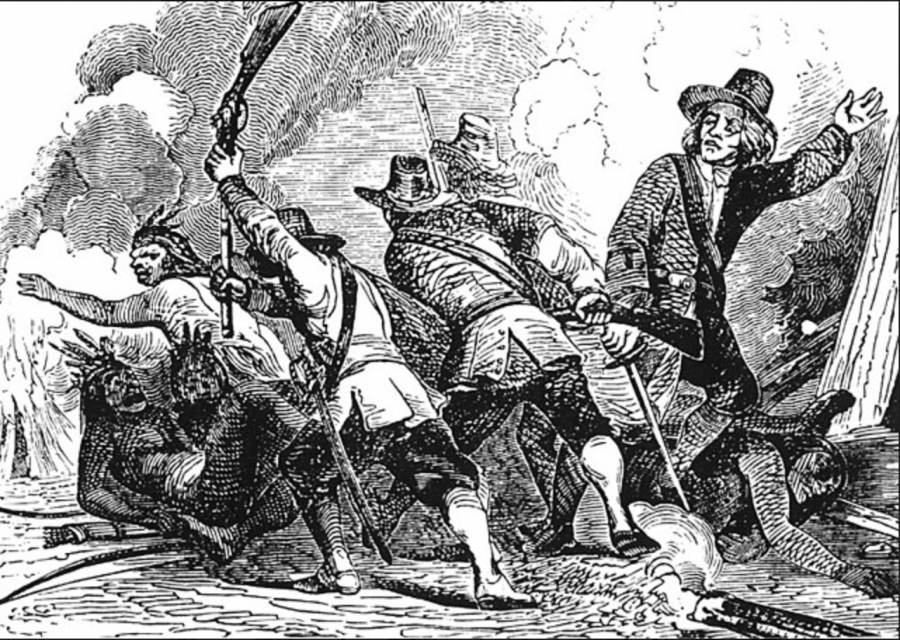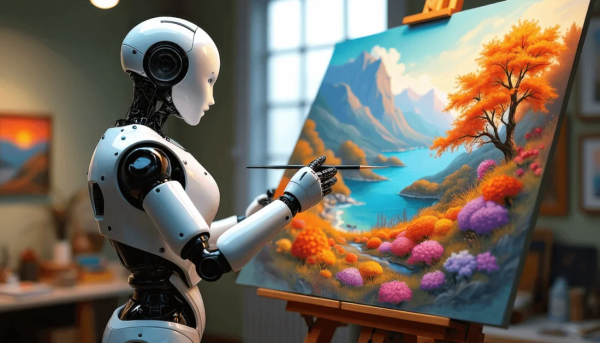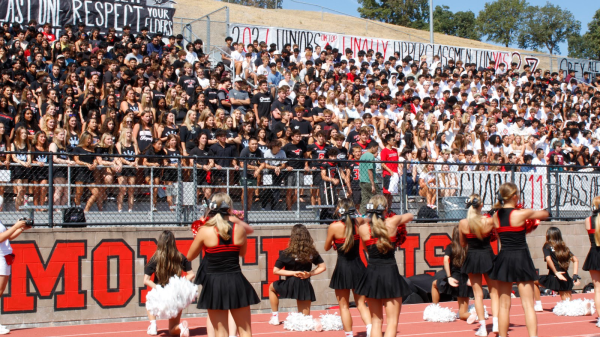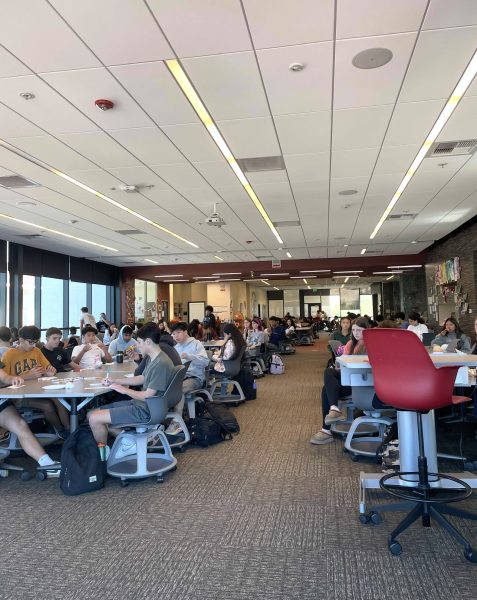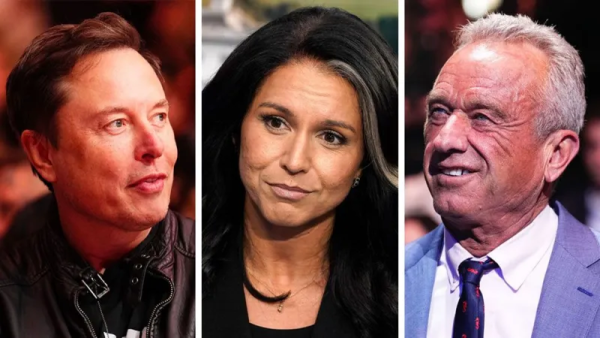Give Thanks to the Natives!
The Native Americans are looking at their killers in horror. In the Pequot massacre, those who came out of their homes were beaten to death while their houses and families burnt inside.
Turkeys and stuffing and pies, oh my! Start the ovens, clean your house, and bring out the “good” plates.
You may have learned about this holiday through movies such as Free Birds or A Charlie Brown Thanksgiving, but you didn’t have to watch them to know about the event. At a young age, countless students were taught that Thanksgiving was a day to express gratitude towards family and friends, and several students learned erroneous versions of the history, portraying the settlers as saviors. However, as an increasing amount of people dig through the agglomeration of “history,” the true side of Thanksgiving unveils.
A common belief is that Thanksgiving was created in Massachusetts in the year 1621 when the English settlers hosted a three-day feast with the Wampanoag Native Americans in honor of the bountiful harvest. The celebration between the two colonies was peaceful, and the time was spent playing games, laughing, and sharing. To this day, we celebrate the holiday inspired by the “harmonious” relationship between the Wampanoag and Puritans. Unfortunately, this parable is not a reflection of what actually occurred.
“There is no historical evidence that Native people and the British colonists came together and had this amazing cross-cultural connection,” said AP World history teacher Anastasia Chrzanowski.
In reality, the Wampanoag have encountered the English before—but not through celebrations.
According to the Smithsonian Magazine, four years before the puritans reached Massachusetts, “British fishermen had already started making their way… storming through Indian towns to kidnap Native people for profit in the slavery trade.” This was not the only adversity the Native American’s have faced. During 1616-1619, the Native American population was decimated by leptospirosis, a disease brought from England by the pilgrims.
“90 to 95 percent of the Native population was affected,” Chrzanowski said. “From the Native Americans’ perspective this would definitely be considered as a great dying.”
The massacre of Native Americans continued, their brutality unceasing. In 1637, a series of unimaginable slaughters prompted the idea of Thanksgiving. Oyate, a Native American organization, wrote that “English soldiers massacred some 700 Pequot men, women, and children at Mystic Fort, burning many of them alive in their homes and shooting those who fled.”
In celebration, the puritans announced a day of “Thanksgiving” where they feasted and kicked the heads of the freshly killed Native Americans. The surviving Natives were not necessarily lucky either. Native Philanthropy, an Indigenous institution, reports that boats were routinely crammed with as many as 500 natives to be sold into slavery. The puritans wanted to encourage the killing of Native Americans and set bounties for their scalps.
I am not saying that Thanksgiving should not be celebrated, but in addition to giving thanks, we should remember the suffering Native Americans endured. To this day, the Native population is still striving to make their voices heard, yet is repeatedly ignored and undermined.
Despite the fact that it has been over 300 years since the annihilation of the Natives, a late apology is better than none. Thanksgiving should be remembered as a day to apologize to the Natives for their loss and suffering. But many aren’t comfortable in abandoning long-established traditions and beliefs.
“We grow up with certain narratives of certain holidays that we really treasure,” said Chrzanowski, “it makes sense that people won’t want to ruin this special holiday and focus on the truth, which is really saddening.”
Our nation is already making changes in honor of the Indigenous. For example, President Joe Biden heightened the importance of acknowledging the Indigenous and converted Columbus Day to Indigenous Peoples’ Day.
The United States represents freedom, equity, and justice; yet, we are disregarding the people whose land we stole. Our nation stole, sold, and slaughtered Native Americans. The least we can do is recognize their story on Thanksgiving, the holiday where the pilgrims were the real savages.

Alicia Kim is a senior in her fourth year as a journalist for The Stampede. In her spare time, she enjoys...


